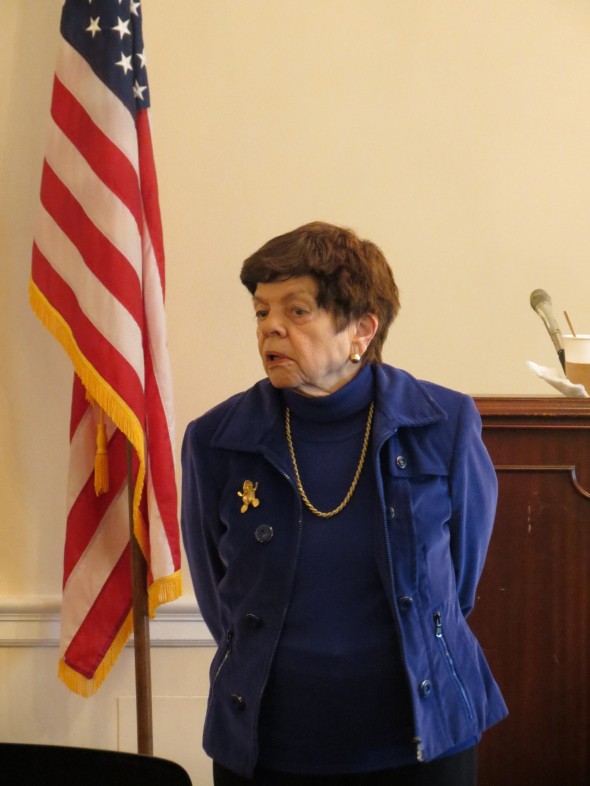On Friday, March 1, 2013 the budget cuts of sequestration took effect. That same morning Alice Rivlin, Brookings Institution Senior Fellow, spoke to the Brookings Executive Education Legis Congressional Fellows and colleagues in Rayburn during the first, of hopefully many, Capitol Hill Briefings.
Brookings Executive Education Legis Congressional Fellowship is a six-month or yearlong opportunity for public or private sector managers to acquire an in-depth understanding of congressional affairs, legislative processes, and public policy by working on Capitol Hill.
Alice Rivlin recently served as a member of the President’s Debt Commission. She was founding director of CBO, served as OMB director, and was Federal Reserve Vice Chair. She is an expert on fiscal and monetary policy.
Rivlin discussed the polarization of our national politics and the blame game that has become our daily lives. Our political parties have found reasons to reallocate responsibility for the current situation we find ourselves in. Rivlin followed with some reassurance. Our current recovery rate is not that fast and that is not that surprising. A recession preceded by financial crisis is not easily slipped. It is fairly impressive how far we have come already. This is a resilient economy; the 2008 crisis was fairly major and our recovery should reassure us.
Conversation transitioned to the topic of decision-making in a polarized environment. How do we explain this lack of compromise? Everything that we do, that is difficult, must be negotiated between the House and the Senate and between Congress and the President. Compromise has become a dirty word; no one wants to cut deals like was done ten years ago.
Sequestration effects are falling into place and the question that is on our mind is what should happen now? Rivlin stated that both political parties should not want to have the sequester continue for very long; across the board cuts are not healthy for our economy. It is bad macro-economic policy and it is bad micro-economic policy. Sensible, gradual proposals are doable and should be a priority.



